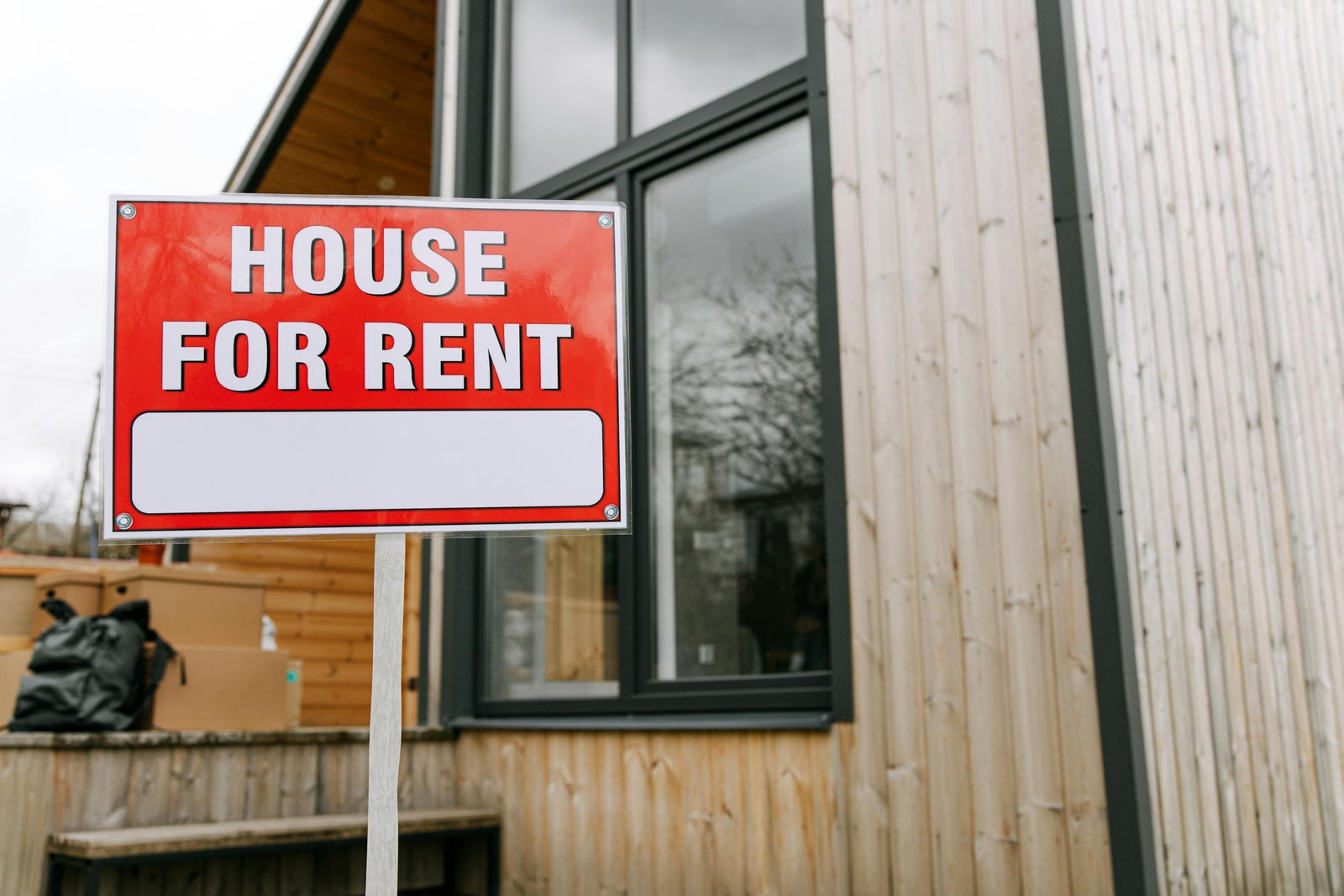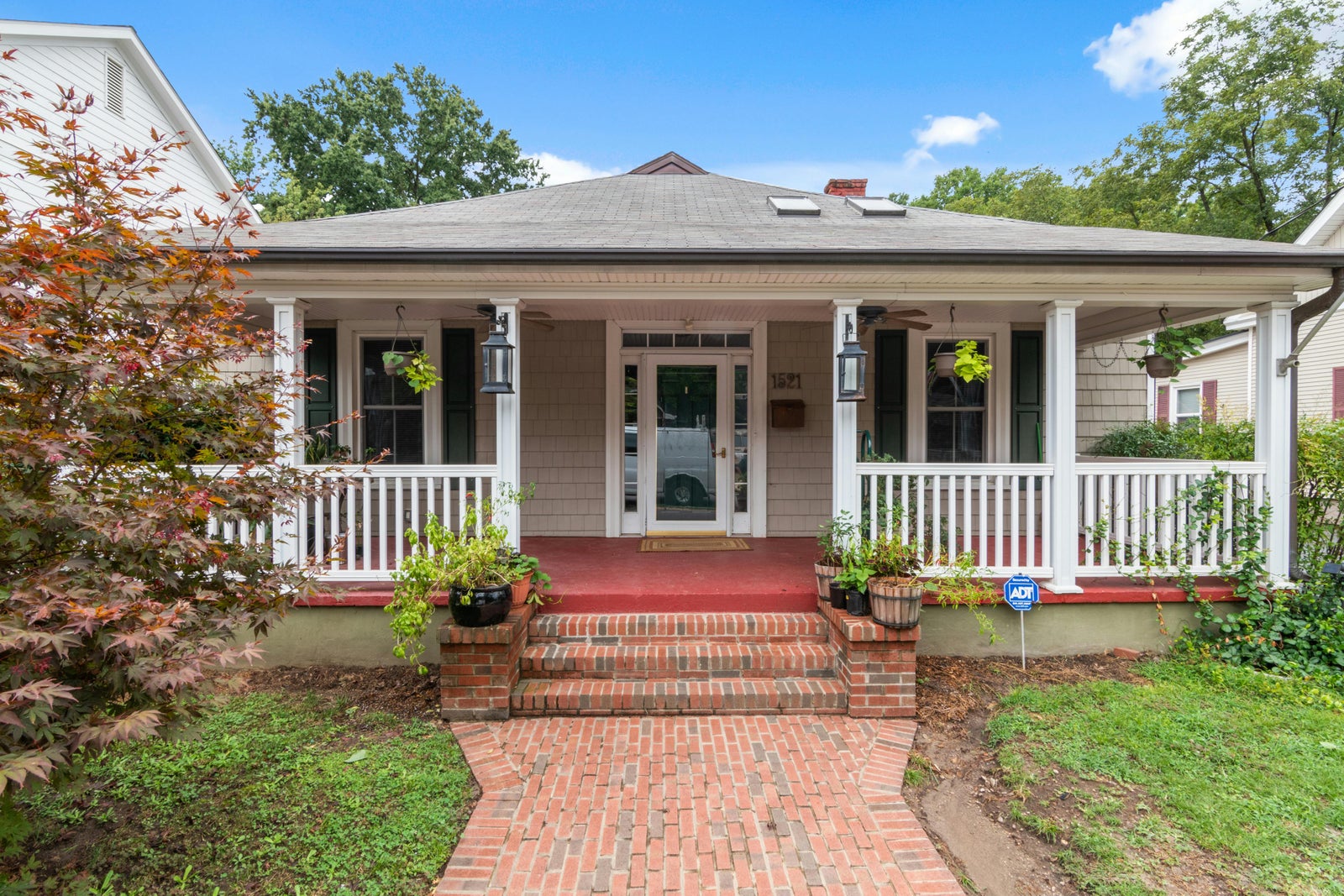
Real estate has long been considered a reliable and lucrative investment, but with shifting markets, rising interest rates, and inflation concerns, many may be wondering if real estate is as stable of an investment as it once was.
The ROI on a Real Estate Investment
The ROI–return on investment–of a property is composed of two primary factors: capital appreciation and rental income.
Capital Appreciation
In the long term, real estate prices tend to rise. In fact, according to the Canadian Real Estate Association (CREA), there is no area tracked where the Home Price Index (HPI) has declined in the last decade. In 35 of the 51 tracked areas in Canada real estate prices increased by 100% or more in the past 10 years.
The CREA HPI shows that over the past 10 years:
- The lowest of the 51 areas tracked increased by 5.2 per cent
- The highest of the 51 areas tracked increased by 220.4 per cent
- On average, the 51 areas tracked saw a 109.1 per-cent increase
Rental Income
Collecting rental income from tenants can provide a steady stream of income for investors. The average rental yield, or annual net rental income expressed as a percentage of the property’s value, typically ranges from three and five per cent for residential properties.

Is Real Estate a Safe Investment?
Real estate is typically a safe and lucrative investment so long as you’ve researched the market and the area. Real estate tends to be less volatile than stocks and bonds, as you can minimize the risk by holding onto the property for longer.Once you’ve built enough equity, you can leverage it to qualify for HELOCs and home equity loans that could help fund renovations or other property investments.
Is Real Estate a Good Investment in 2025?
With all that in mind, are real estate investments still profitable in 2025? Here are some additional points to consider:- A physical asset: Real estate is a tangible, physical asset. It’s an investment that can grow while you, or someone else, lives in it.
- Tax advantages: Investing in real estate comes with various tax benefits. For example, Ontario has a Capital Cost Allowance (CCA) that allows you to deduct the cost of your property over time from your taxable income, which basically allows for a depreciation expense.
- Hedge against inflation: In theory, real estate is a good hedge against inflation. One would expect the cost of rent to rise along with things like goods and the cost of labour. Certain maintenance costs can also be passed on to the tenants, further protecting the net income of the owner.
- Can diversify your portfolio: When it comes to investing, you’ve undoubtedly heard the saying “Don’t put all your eggs in one basket”. Investing in real estate can help diversity your portfolio and help mitigate your overall portfolio risk.

Is Real Estate Investment for You?
Real estate investment has many forms. There’s a difference in buying a cottage for your family to enjoy during the summers and investing in a multi-residential unit that you plan to rent out.
The capital appreciation of a personal secondary (or tertiary, or quaternary…) property will rise as with most real estate, but renting them out may not be on your agenda. If you choose to invest in properties with the sole purpose of renting them out, you will be creating a new revenue stream for yourself but will also be taking on the responsibility of being a landlord.
Being a landlord is not for everyone. Here are some things to consider:
- It can be busy and stressful: Being a landlord can be a lot of work. You may end up with excellent tenants with whom you have no issues. You may also have nightmare tenants that damage your property and don’t pay rent on time.
- Management and maintenance: Managing and maintaining the property falls on you. If an appliance breaks or the heat turns off, you have to fix it promptly. If the tenant is at fault for the damage they can be made to pay, but the process to get them to do so can be long and tedious.
- There’s a learning curve: As with anything in life, learning how to be a good landlord takes time. You’ll need to learn the red and green flags when you’re screening tenants as well as your legal obligations and duties.
A more hand’s off approach can be taken by hiring a property manager to assist with your property. Of course, this will cut into your rental income, but may save you the headache of dealing with frustrating tenants–especially if you live out of the province or country.
If you are looking to get into the landlord business, consider what type of home you’d like to rent out.
Single-family home
Advantages:
- Easier to find financing
- Easier to sell
- Tends to appreciate faster
- Easier to organize bills and utilities
- Only one tenant to worry about
- Typically less cash flow than multi-residential units
- Can be risker, as a bad tenant who doesn’t pay rent or skips town will leave you with no rental income
- No economies of scale if you want to hire a property manager
Multi-family home
Advantages:
- Generates more rental income with more units
- Easier to find tenants as rent can be lower than a single-family home
- Economies of scale
- One tenant leaving will not affect the entirety of your rental income
Disadvantages:
- Tenants can bother one another and you will have to deal with the complaints
- Tenant turnover can be higher
- Slower appreciation in value
- Not as easy to sell as a single-family home
- More difficult to find financing
Source
